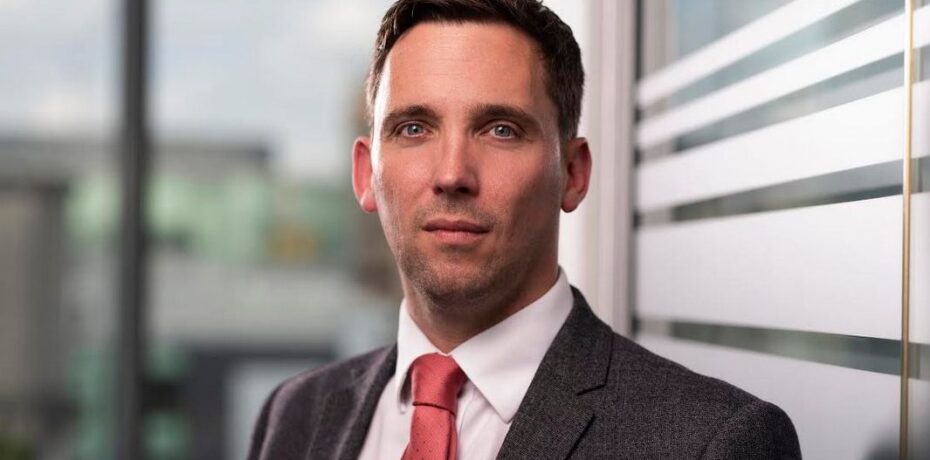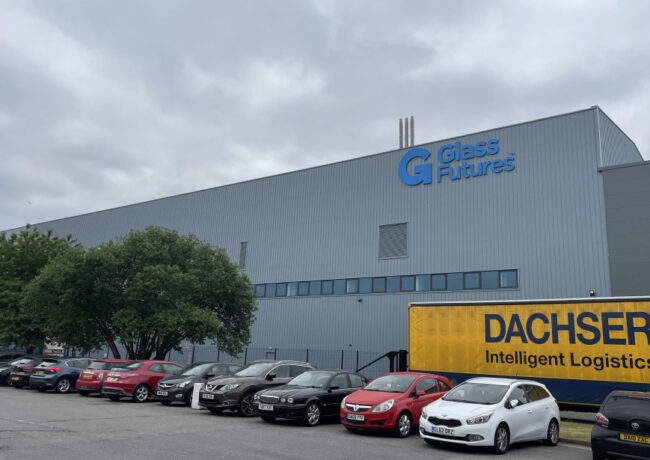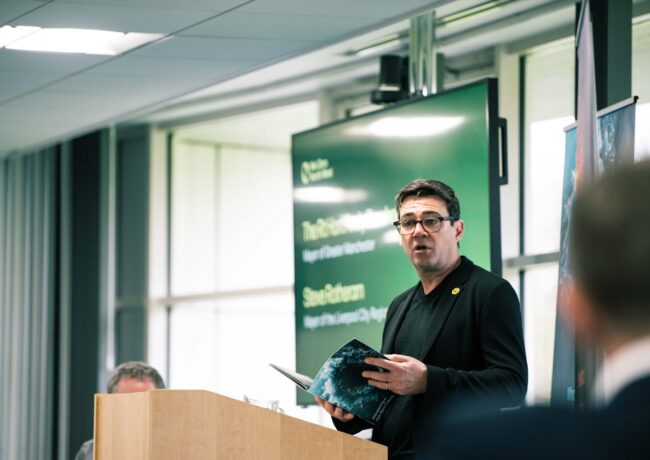Commentary
COMMENT | The North West: Labour’s last bastion
Some say we do things differently in this part of the world and, cliché or not, that is certainly true of the 2021 local and mayoral elections, writes Kevin Whitmore of becg.
For while the story nationally is being told in the context of a single parliamentary by-election win and what that means for our politics at Westminster, the results from local council and mayoral contests start to paint a different picture.
Here in the North West, it is still possible to travel from Liverpool along the M62 and pass through Labour council after Labour council all the way to the Lancashire/Yorkshire border. Yes, many of the councils along the way have been Labour strongholds for generations, particularly on Merseyside and yes, Labour did see some losses in these councils on Thursday. But the same journey also takes you through several parliamentary constituencies won by the Conservatives in 2019, which gave the Tories hope of continuing their advances beyond the ‘red wall’ in the region.
Nonetheless, apart from Pendle in Lancashire and Bolton in Greater Manchester, the Conservatives did not secure enough gains to make a difference to the electoral landscape across most of the region, and even went backwards in some boroughs, such as Trafford.
So what is going on?
Answer: devolution.
All four mayoral elections in the North West were held by the incumbent party, with significant increases in the share of the vote for Andy Burnham in Greater Manchester, Steve Rotheram in Liverpool City Region and Paul Dennett in Salford. In Liverpool, Labour’s Joanne Anderson has made history to become the first black woman to lead a major British city, winning 59% of the votes cast.
Gains for the Conservative party, meanwhile, came in parts of the region still wrestling with how to secure greater devolved powers from Whitehall.
Speaking to some party activists before polling day in Greater Manchester, a ‘Burnham Bounce’ was being referred to with previously non-Labour voters switching to the party for the Mayoral contest and also voting Labour at a local level.
Devolution provides a platform for the incumbent to change people’s lives in a way that very few elected politicians can. Whether it is council houses in Salford, bus regulation in Greater Manchester or ultrafast digital infrastructure across Liverpool City Region, decisions taken by metro and city mayors are visible and easy to assess by voters. In an election year when both local and mayoral elections are happening at the same time, this is likely to have helped shore-up Labour’s vote.
But it’s not all rosy for Labour
The competing story from this year’s election results across the region must be the rise of the Green party, which has secured its first councillors on a slew of local authorities across the region. Gains in Wirral put the party in a strong position to influence the peninsula’s forthcoming local plan and with wins in Knowsley – where the party is now the official opposition – St Helens, Manchester, Stockport, and Halton, the party now has a toehold from which to expand.
Elsewhere, Rossendale and West Lancashire have slipped into the category of No Overall Control. In Greater Manchester, the Lib Dems are now the largest political party in Stockport and in with a shot of running the council.
Nevertheless, the political map across the North West remains strikingly red today compared with the rest of the country. For built environment professionals, this offers an element of stability in places where local plans are expected to move forward over the next 12 months.
But, with the rise of Green and hyper-local independent councillors, the debate about how and where places should grow just got tougher.
- Kevin Whitmore is head of North at specialist communications consultancy BECG






There’s an irony here – metro mayors were a recognition that the years spent on city-region based economic regeneration based on deeper talent pools, better infrastructure, higher education and cultural amenity was actually delivering tangible results – that’s not something the Hartlepool’s of this world felt any benefit from, and those grievances have become political capital. A very tricky few years ahead. Good shout on the Greens too, they could become a thing faster than people realise, Labour need to be very careful.
By Rich X
The irony is,that the more successful places are economically, the more left leaning they tend to be now.Places like Hartlepool see the Tories as the English Nationalist Party.They know that voting UKIP or the equivalent is a wasted vote. Manchester doesn’t real need levelling up so doesn’t need to patronise Johnson. The Labour Party took Scotland for granted for years and we all know how that ended. The North East is now following suit.
By Elephant
Not sure that the NW is the last bastion of Labour , as London is quite a stronghold now , and the West Country has shown it`s building support . In terms of the situations in Liverpool and Manchester, it is a surprise that Labour in Liverpool city did not lose the mayoral vote after all the local controversy, and in fact on the first ballot they only achieved 38% of the vote, on the other hand in the city region Steve Rotheram is reliable and should prosper in his 2nd term as long as he can significantly improve transport , and help to create jobs, which after all is the best way to reduce poverty. In order to get success he must get support from the government in the same way Manchester does , the irony is the Tories have been trying for years now to break Labour`s grip on Manchester but they can`t.
By Anonymous
Watching from London, Andy Burnham was in the news a lot around the time of the Tier 3 saga. He gave the impression of fighting GM’s corner and maybe that got through in the election campaign
By Dre
To answer Elephant, its not that economically successful cities are naturally left leaning – it’s that they aren’t places that work well with low levels of public investment, are naturally diverse, and present working class communities with at least some hope that there is a ladder of opportunity on their doorstep. Places like Hartlepool are strip-mined of talent by the UK’s expansion of higher education. GM has finally become a place where a kid from Oldham or Rochdale can go away to college and come back and build a life, but there are plenty of Hartlepool’s in the North West, we should not be complacent. I can also see as GM gets more prosperous it will get more NIMBY, gets more affordability challenges, we are going to need to thread a needle to both grow and be inclusive.
By Rich X